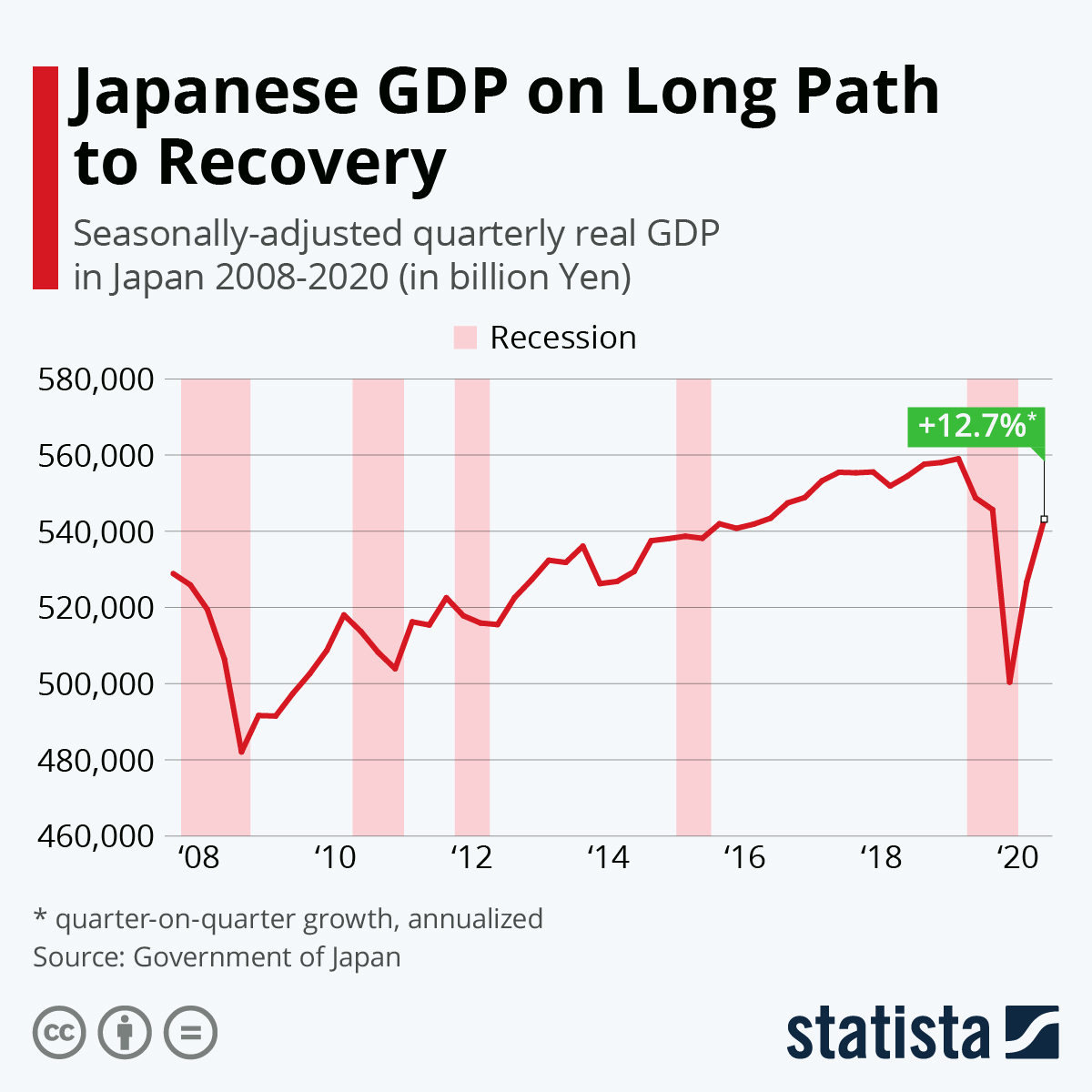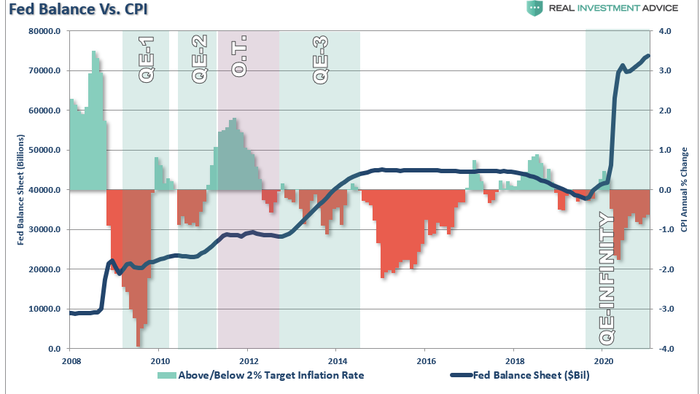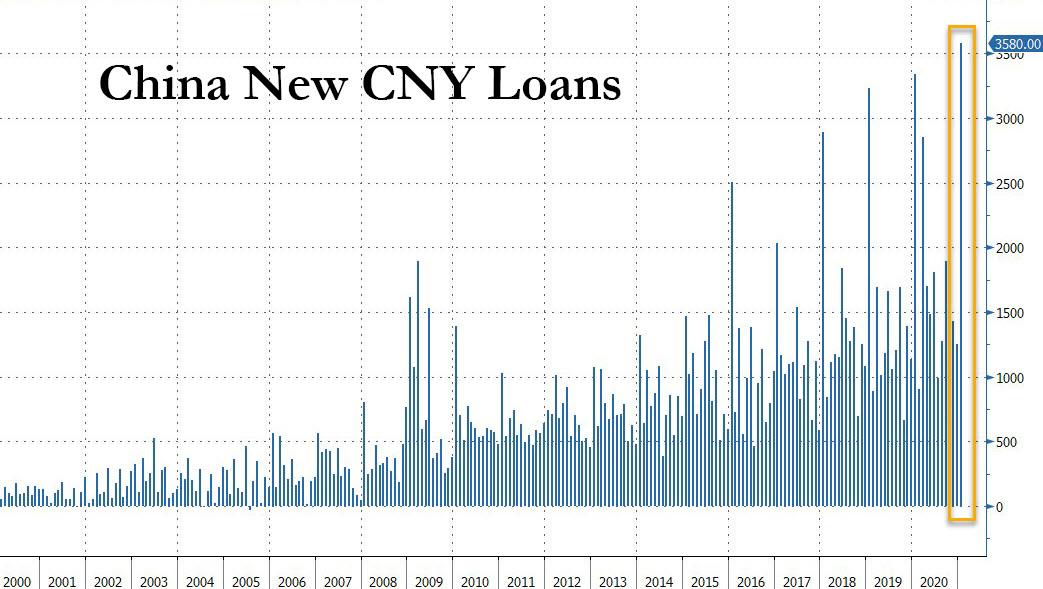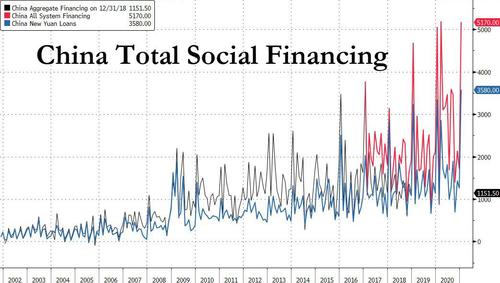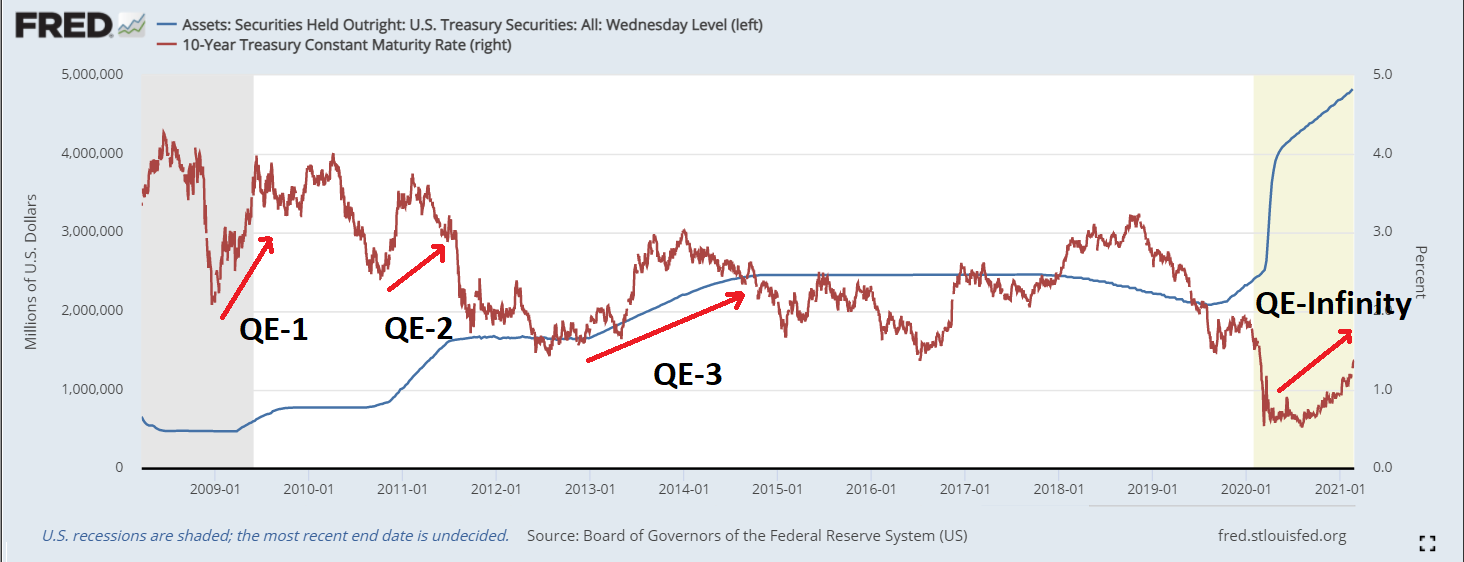 |
| NATO Has Slowly Expanded Towards Russia |
Biden was in charge of much of the "Ukraine project" during Obama's time in office. In recent weeks President Biden has been saying some rather mean-spirited things about Russia's President Vladimir Putin. Now Russian state sources are alleging that Washington under the Biden administration is ramping up military aid to Ukraine. This comes after the media observed the Ocean Glory, a US cargo ship, began delivering 350 tonnes of military equipment, including tactical vehicles, at Ukraine's Odessa port. Ukraine's Dumskaya news agency said the American vessel carried at least 35 US military humvees for Ukrainian national forces.
Adding Ukraine to NATO and the EU is a long-held dream of neocons like Victoria Nuland and neoliberals like Biden. This is also important to those supporting the World Economic Forum’s desire to expand the EU and encircle Russia. They feel such an action would disrupt any dreams of Eurasian integration which could resist their strategy to reshape the way the world is governed. Putin’s foreign policy, coupled with efforts to rebuild the Russian military, has been part of an effort by the former KGB officer to boost Russia's standing on the world stage. This has helped make him popular with his people even as Nato has slowly been expanding in the direction of Russia, but also makes him a thorn in the side of the NWO gang.
Interestingly, this delivery of military equipment occurred near the time Ukrainian President Volodymyr Zelensky, was signing Decree No. 117/2021. The decree activates the Ukraine Army to recapture and re-unify with Ukraine, the autonomous region of Crimea, and the city of Sevastopol. The military has been instructed to use “hybrid warfare” to re-conquer these former parts of Ukraine. In short, this means Ukraine declared war on Russia, certainly something it would never consider without major backing. It must be noted, his actions are in total conflict with his promise to end the now nearly seven-year-long war in eastern Ukraine that played a central role in his election in 2019. This indicates, Zelensky has continued to subordinate his government’s policies to the US- and NATO-led war drive against Russia.
One Ukrainian blogger contends the censorship of the three opposition channels in Ukraine and the surprise inspection of Ukrainian army units in Donbas link all this together and signals a resumption of the Donbas conflict. He wrote on his Telegram channel, “Protecting his rear through censorship, Zelensky ordered to start an inspection of the AFU units in Donbas in order to establish their readiness to carry out the orders of the military command." He then went on to say, "Didn’t we warn you last year that the regime was preparing for a major war? All we had to do was wait for the green light from higher authorities.”
Upping tensions in the area is the fact the Kerch Strait Bridge, also known as the Crimean Bridge, is now a target and we will certainly see Russian moves to protect it. Comprised of a pair of Russian-constructed parallel bridges it spans the Strait of Kerch between the Taman Peninsula and the Kerch Peninsula of Crimea. The bridge complex provides for both road and rail traffic and has a length of 19 km. This makes it the longest bridge Russia has ever built.It
is difficult not to tie this to the controversial Nord Stream 2 natural
gas pipeline project which Viktor Zubkov, chairman of the board of
directors of Russia's gas giant Gazprom, claims, will definitely be
completed this year. He said on Friday, Biden's goal is to stop
the pipeline and the U.S. is now targeting anyone helping the project's
completion in any way. So far, around 90-92 percent of the work required
for the project is complete. Earlier this year, Gazprom warned investors that
the Nord Stream 2 project could be suspended or entirely discontinued
due to extraordinary circumstances, including "political pressure."
 |
| War In Ukraine Is About Money, Energy, And Power! |
As to what really motivates the
desire to turn Ukraine into a giant-killing field, several possibilities
exist but money and profit should not be ruled out. Foreign policy has often been used as a tool to advance national
interest which is often dictated by economics. When it comes to the
economy energy is often considered the blood from which all strength
flows and in the case of Europe the Nord Stream 2
(NS2) pipeline which after completion will carry natural gas from
Russia to Germany is a bone of contention. Years ago leaders from
Poland, Latvia, and Lithuania signed an open letter to the parliaments
of the EU warning them against the construction of NS2 and
cautioned them of how it is not a commercial project but one designed to
increase their energy reliance on Moscow.
At that time, Russia's Gazprom supplied the European Union and Turkey with a
record 162 billion cubic meters of gas. Of that gas, 86 billion cubic
meters flowed across Ukraine. Those opposed to the new pipeline make a
strong case that "Gazprom" is not only a gas company but a platform for
Russian coercion and another tool for Russia to pressure European
countries. The U.S. State Department has even threatened European
corporations they will likely face penalties if they participate in
the construction of Russia's Nord Stream 2 gas pipeline, on the grounds
that "the project undermines energy security in Europe."
Circling back to the conflict, years ago I wrote a piece that urged America to stay out of a
war in Ukraine. It warned of the major advantage Putin held by
having a huge well-armed army just across the Ukrainian border and that
any army cobbled together to face him would most likely be
unenthusiastic and politically troubled at best. At the time President
Obama had pulled out all the stops to paint Putin with a brush dipped in
all the bad colors. Every Sunday in interview after interview
Washington experts were paraded across the screens of the talk shows
that tell Americans what is happening in our nation's capital and every
single one of them denounced Putin as a "thug and a bully."
 |
| Ukrainian Soldiers Killed In An Unwinnable War |
In that piece were accounts of reports from the front in Ukraine often buried or hidden from public view but they appeared to confirm that Ukrainian troops were being sent into a meat grinder. The drafted include men up to 60 years old with only a month of training before they reluctantly go off to the battlefield in eastern Ukraine. Putting more weapons into the hands of those unmotivated to fight for their corrupt state is merely adding fuel to this fire and doing more harm than good. Again, remember Ukraine is a financially failed state and while we can point to its potential, its massive oil and gas reserves by all rights should belong to the people and for their benefit. The IMF, however, points out that Kyiv needs billion in loans and grants just to stabilize its economy after more than twenty years of massive levels of corruption. This debt and the deep, deep hole Ukrainians have dug themselves into flows from a series of bad governments after Kyiv became independent of the Soviet Union.
Back then, the euro-zone faced a lot of problems without jumping into a proxy war against rebels in Ukraine. I use the term proxy because without the money and backing of outsiders things would most likely go quiet. The failed and bankrupt country of Ukraine would most likely break into two parts with the eastern half and its people who share strong ties with Russia aligning itself with that country and Kyiv, and the western-oriented portion of the country drifting towards stronger ties to the euro-zone. What is the big problem with such a solution? Apparently, a great deal for people like Biden in Washington that are pushing for intervention in Ukraine.
To confuse the issue and muddy the waters great efforts have been made
at high levels by those advocating military action to paint Russia as an
aggressor. These forces aided by the media continue to link Russias move
into the majority ethnic-Russian Crimea region as a violation of
Ukraine's sovereign border. In this case, we should remember, the whole
concept of sovereign borders is a little gem promoted by those in power,
these borders are a creation of man and not visible to the birds flying
above. This is an argument of convenience that masks deeper issues and
the difference between "terrorist" and "freedom fighters" often depends
on a person's point of view. In this case, it is clearly the new
American-backed government in Kyiv that is pushing to bring the eastern
part of Ukraine back into the fold.
What this boils down to is that American companies want to sell and
supply Europe with Liquid Natural Gas (LNG) and seem willing to start a
war to make it happen. Whether it is for profit or to
minimize the threat of natural gas shipments to Europe being cut off and
used as a key weapon in Russia’s political arsenal we cannot ignore the
idea more is at play here than just doing the "right thing". Many
people in the "Tin Foil Hat" community have gone so far as to indicate
they feel that America and elements of the CIA were involved or had a
part in the overthrow of the former corrupt Ukraine government and its
replacement with another corrupt but more pro Europe regime. At the time
even America's Vice President, Joe Biden, saw his son join the board of a private Ukrainian oil and natural gas company.
One thing is clear, not only those involved in selling energy to Europe
will profit from this but also the military-industrial complex stands
to gain.
The odds of U.S. LNG significantly displacing Russian natural gas
shipped by pipeline are slim. Piped gas sells at a large discount to
LNG, which must be cooled to liquid form, shipped overseas, and turned back into its gaseous form. Poland recently received its first shipment
of U.S. LNG. While LNG trade between the United
States and Europe would help reduce the U.S. trade
deficit it also stands to improve energy security among the European
countries by giving them an alternative to Russian gas. Everyone must
concede it is not a cure-all, Russia can easily cut prices and adjust
terms to maintain its dominant position in the European gas market and
European countries are likely to continue buying most of their gas from
the lowest-cost supplier.
Bottom-line, Russia has traditionally been the major supplier of
European gas. But it charges high prices, often in the form of long-term
contracts linked to the price of oil. The overwhelming dependence on
Russian gas leaves European countries from a national security
standpoint vulnerable to a cutoff of crucial natural gas supplies. This
would be devastating to their economies at any time but even more so in
the depths of winter. For these reasons, it makes sense for Europe to
consider alternative supplies and open its doors to U.S. LNG but due to
Ukraine's history of corruption flooding the country with weapons and
using the people of Ukraine as pawns in this high stakes game violates
all standards of human decency.
Americans should also be aware that our current policy drives Russia
towards the East and into the open arms of China. This creates even more
problems long-term than it solves short-term and borders on the edge of
insanity. The war in Ukraine has not developed organically but appears
to be the product of meddling. Mercenaries and money from America appear
to be backing and propping up Kyiv with America acting as the
"champion" for this failed bankrupt country. The best way for the West
and Kyiv to prove they are on the right path is by letting the eastern
part of the country seceded and then making Kyiv a center of economic
and democratic success.
I reiterate the stand taken in April 2018, the Ukraine war is about money, energy, and power! Since the latest ceasefire agreement in the war in Donbas was implemented in July 2020, it appears few if anyone is being killed. This indicates rocking the boat is a bad idea. We can only hope those hyping the recent events in Ukraine saying the decree signed by Zelensky will someday be looked back upon at the beginning of World War III are overly pessimistic, after all, when you place two major military powers face to face what could go wrong?
Republishing this article is permitted with reference to Bruce Wilds/AdvancingTime Blog
